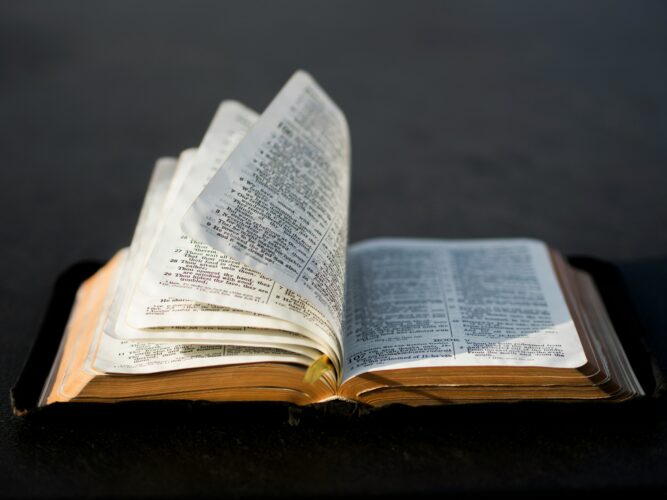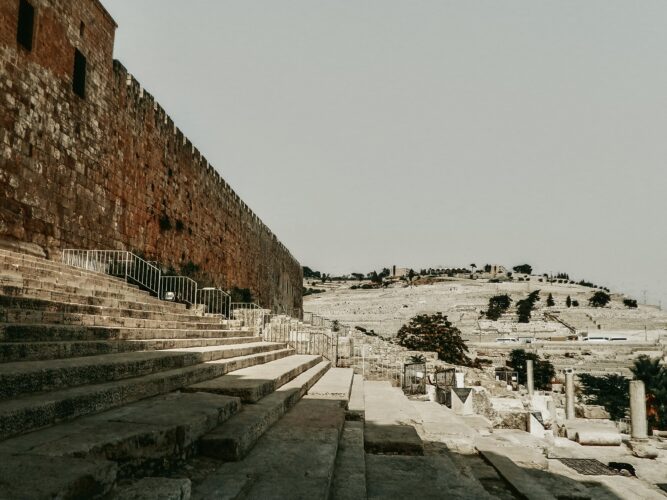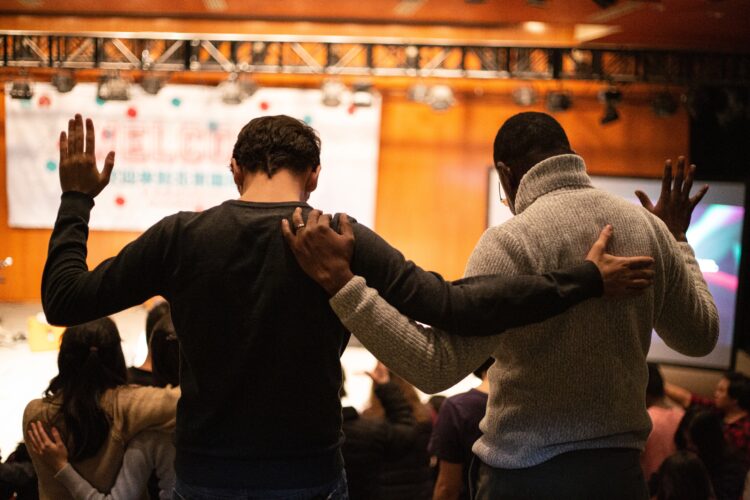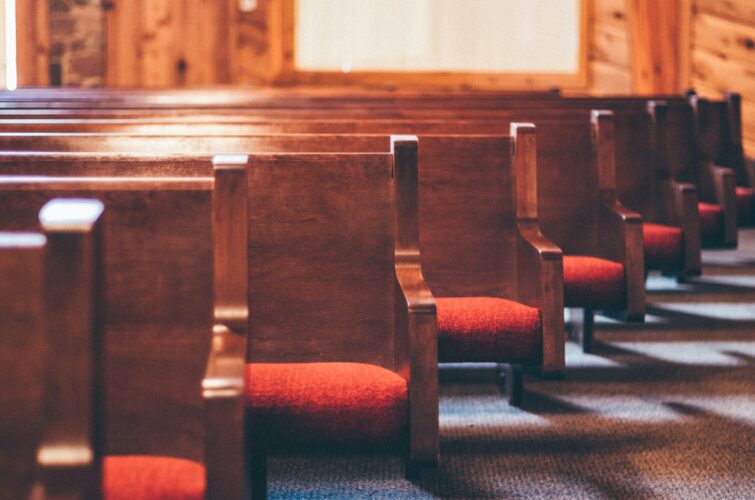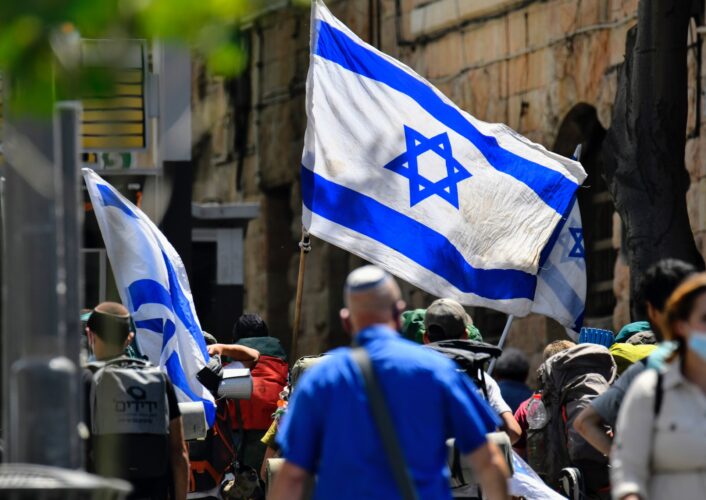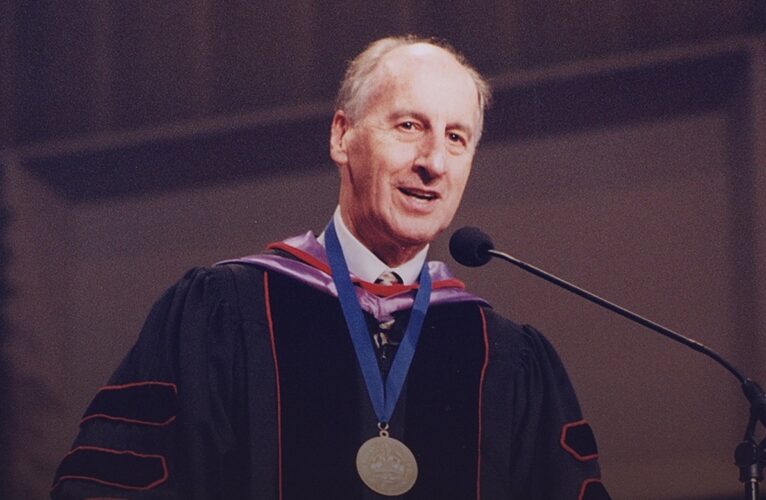In my book Passover, Key to the Book of Revelation, I give a reasonable interpretation of Chapters 2 and 3 as preparation for tribulation. These letters fit the circumstances of the first century when they were written, but will apply in the last of the last days to prepare the worldwide people of God for the final Great Tribulation. The congregations are exhorted to maintain passion for Yeshua, not lose their first love, and maintain moral purity and doctrinal truth. The two actually go together.
The letters are written to the angel, or messenger of each congregation. I argued that the angel addressed is the leader of the elders of the congregation. A letter given to a heavenly angel would not have any effect for it has to be delivered to the messenger who can actually deliver it. The messenger is the one that conveys God’s word to the congregation. I also argued that we Westerners do not rightly understand the nature of the Body in these cities at that time. It is not like what we call a local church today. By that time, some Church historians argue that when we talk about the seven churches we should see some as in the thousands. By that time, the signs and wonders with the progress of the Gospel led to thousands of believers who met in houses all in different parts of the city, but they were all linked together in an eldership of the city under a lead elder. In the early second century, this lead elder was called the bishop. He was not yet a monarchial bishop as in the later second century but governed with the elders of the city (Presbytery). If this is a correct picture of the situation in the seven congregations of Rev. 2 and 3 and if the messenger is the leader of the elders and a bishop kind of figure, it would bring a clearer understanding of the circumstances of Rev. 2, 3.
The question is raised how some congregations could be both commended and then also corrected strongly for tolerating bad doctrine or loose morals. The question is raised, who is being addressed as tolerating sin or error, and who is being called upon to correct it? Two examples suffice to illustrate this point. With regard to Pergamum, Yeshua says that they “Hold firm to my Name.” They did not deny their faith even when one of their leaders, Antipas, was put to death. They have withstood persecution. This then leads to the question of how a people like this could also be rebuked for sexual immorality and of eating food sacrificed to idols, and the false gnostic doctrines of the Nicolaitans. (This compromise with sin would fit the loyalty to the city rituals in connection to sacrifices to the city pagan gods and temple prostitution connected to the sacrifices even if the one gathering in the pagan temple did not actually go into the cult prostitute.) If the congregation was just one gathering in a large house, how could this be possible? However, if it was dozens or even many more gatherings in houses under an eldership of the city with a lead elder, then it is easy to see that some house groups could have allowed error to creep in. The leader of the house gathering was compromised and compromising. The messenger is addressed as responsible for bringing correction or discipline. We assume he could do so with the authority of the elders of the city over all the house gatherings.
We note the same kind of situation with Thyatira. The commendation is amazing. “I know your deeds and your faith and service, and that your last deeds are greater than the first.” Wow! This is a great commendation. However, the contrast is stark. They allow Jezebel to influence them, a false prophetess, who fosters sexual immorality and eating food sacrificed to idols. This again could well be connected to compromise with the city pagan cult for the sake of civic loyalty but a loyalty contrary to faith in Yeshua. Again, the angel/messenger has to bring discipline.
When we read these letters in the context of the congregation of the city having many gatherings and most being commendable, but some go astray, we can understand how great commendation can be joined to stark rebuke. Submission to the elders and the lead elder of the elders is required if there is to be Body discipline. This gives us a window to government and the importance of elders enforcing doctrinal and moral standards in the first century.
This is a warning for our day. We indeed are called to enforce standards of good Bible doctrine and Biblical morals and not to compromise with the world or we can lose the Spirit of God, our lampstand of testimony.
